EGG Students Earn Prestigious Opportunities Across the Globe and Beyond
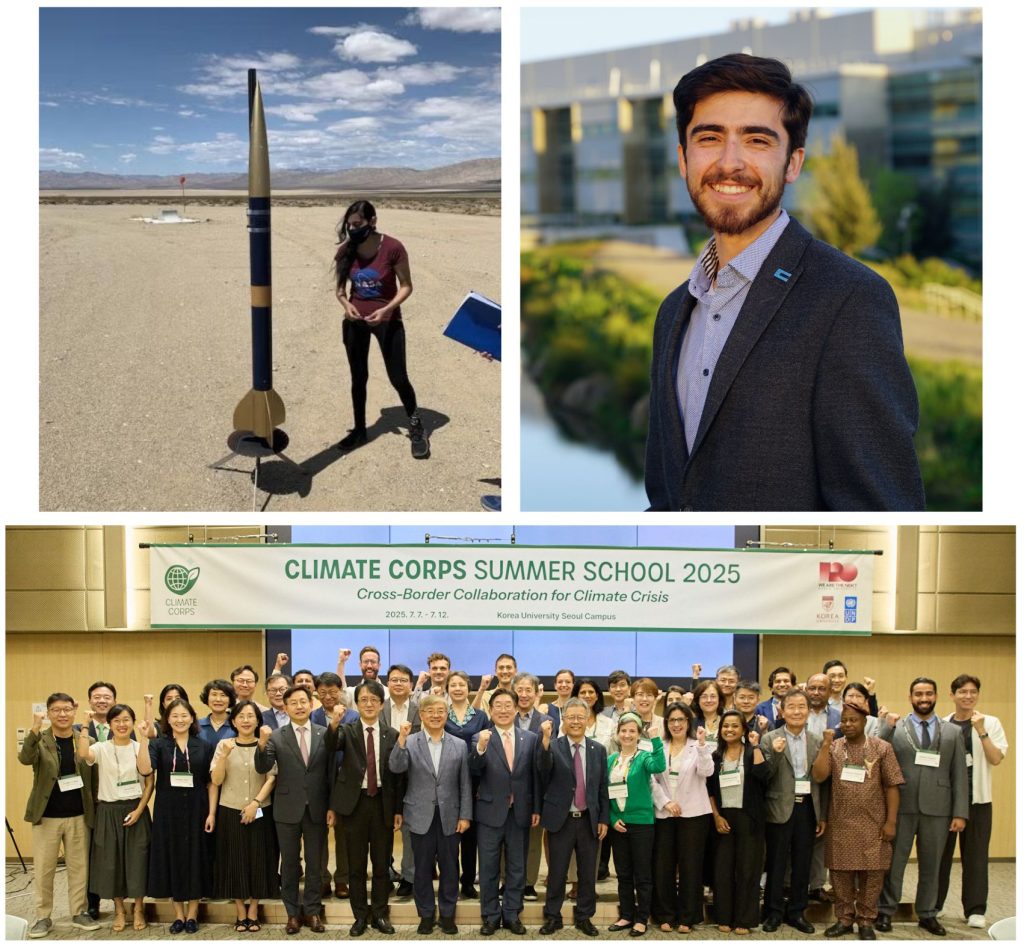
Our Energy Graduate Group students continue to distinguish themselves through academic excellence, leadership, and hands-on engagement in high-profile programs. This summer, four students earned recognition and invitations to participate in exceptional opportunities at the international, national, and UC system levels.
UC Davis Research on Floating Solar Featured in Grist
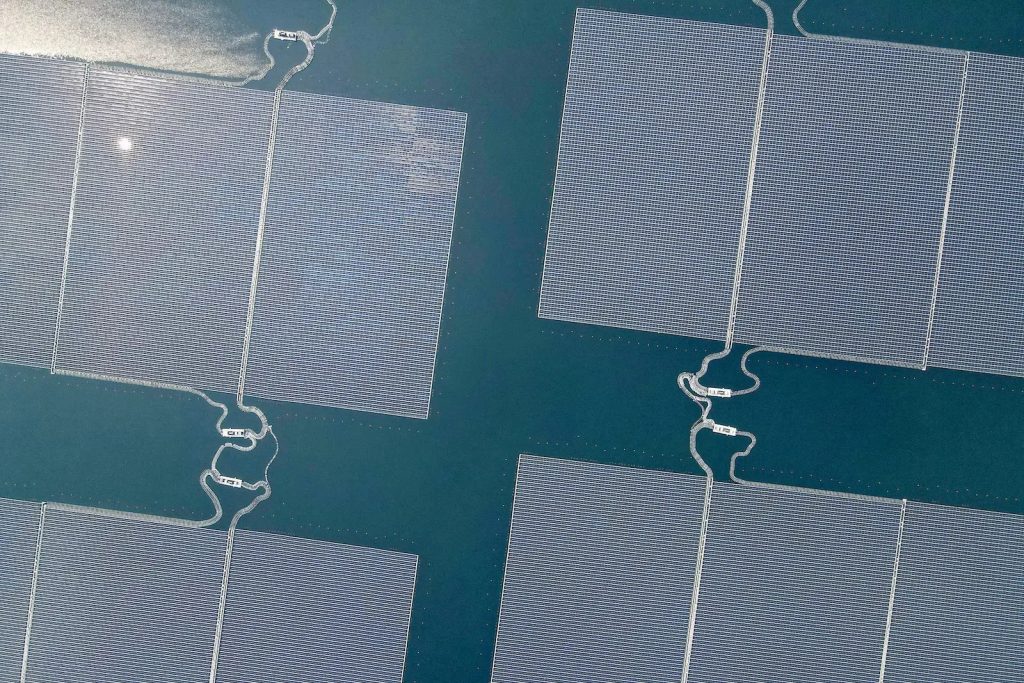
Wild Energy Center researchers were in the spotlight in a recent Grist feature exploring the ecological impacts of floating solar. Director Rebecca Hernandez and graduate researcher Amanda Bujosa share why understanding how floating solar affects aquatic ecosystems is essential as the technology scales. Their work is helping define a critical research agenda at the intersection of clean energy and environmental stewardship.
CLTC Director Travels to Thailand for Inaugural LED Lighting Design Competition
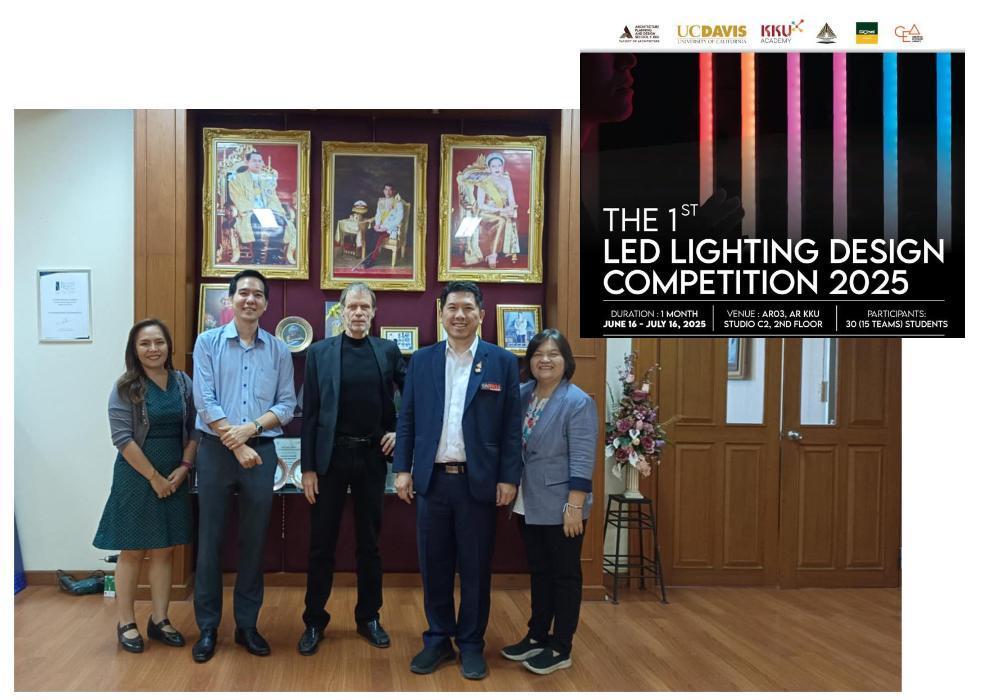
CLTC Director Michael Siminovitch traveled to Thailand to lead the inaugural LED Lighting Design Competition at Khon Kaen University. The month-long program, hosted by the university’s School of Architecture, brought together 30 students to design and prototype aesthetically compelling, functional LED pathway lights.
Lab2Slab Pours New Sustainable Test Concrete
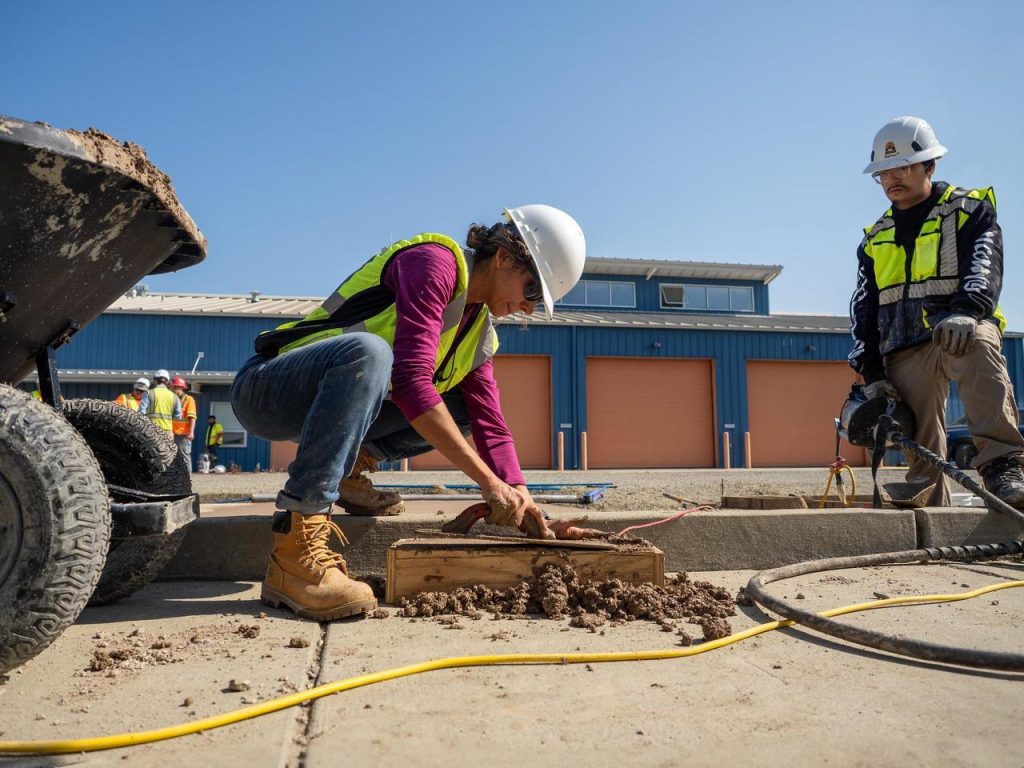
The UC Pavement Research Center hosted a Lab2Slab construction event in June, placing three new concrete test slabs using alternative cement blends aimed at reducing greenhouse gas emissions. The event drew researchers, industry partners, and students to observe the latest step in testing more sustainable pavement materials.
WCEC Team Tests Real-World Performance of Low-GWP Heat Pumps

A new WCEC report explores affordable strategies to accelerate adoption of low-global-warming-potential (low-GWP) heat pumps in California homes. Findings show that the heat pumps reduced greenhouse gas emissions by as much as 90 percent compared to the gas systems they replaced. The team also advanced a novel polymer heat exchanger design to support long-term market transformation as refrigerant standards tighten.
Helping Birds and Floating Solar Energy Coexist
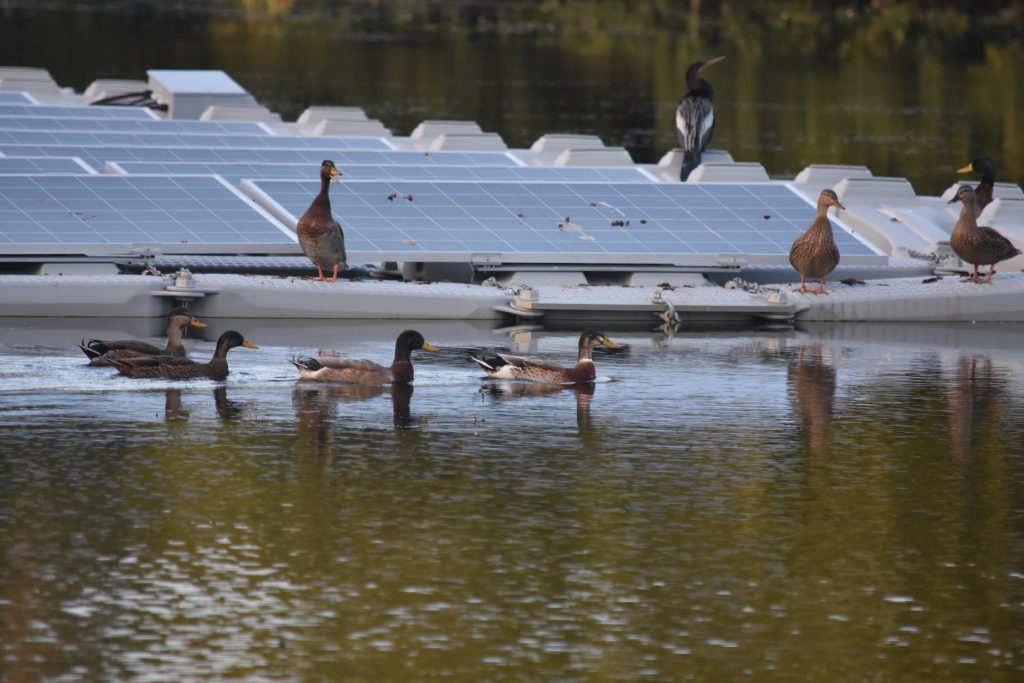
A new study from the UC Davis Wild Energy Center explores how floating solar energy systems—known as “floatovoltaics”—can coexist with waterbirds that rely on the same aquatic habitats. As these renewable energy installations expand across reservoirs, irrigation ponds, and wastewater facilities, researchers are investigating their potential impacts on bird species that nest, forage, and rest in these environments.
WCEC Represents in DC for ARPA-E
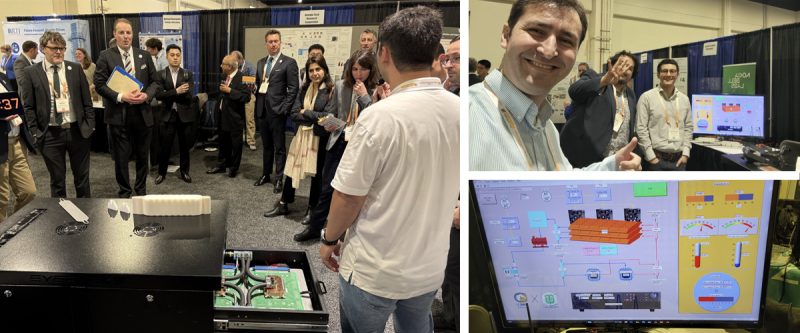
WCEC researchers recently returned from the 2025 ARPA-E Energy Innovation Summit in Washington, D.C., where they presented a liquid cooling demonstration as part of the COOLERCHIPS program.
New Video: Affordable, Effective Indoor Air Purification — DIY Style

We spend 90% of our time indoors, and the air quality directly impacts our health. Dust, allergens, and airborne illnesses build up in our homes, schools, and workplaces, influencing our well-being and productivity every day.
Smarter Buildings, Lower Bills: The Power of Whole-Building Integration
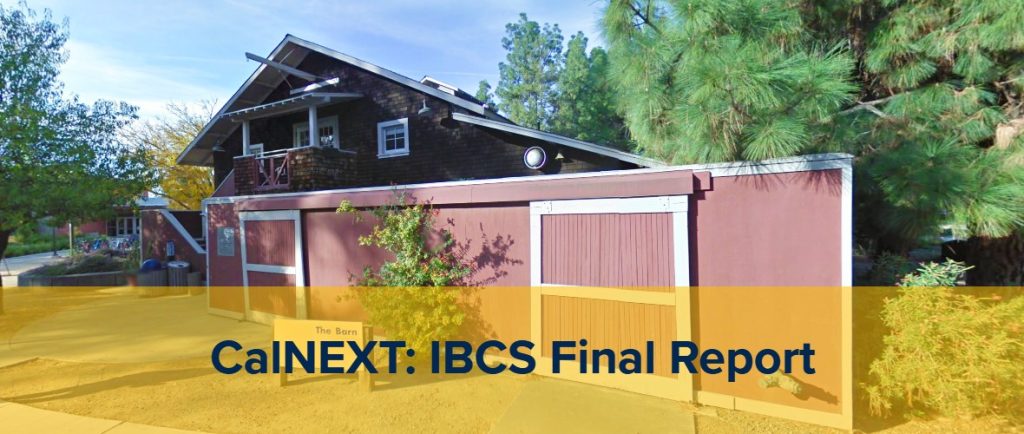
A new CLTC study demonstrates that integrating building systems under a centralized Building Automation System (BAS) can significantly reduce energy use. A team led by CLTC Director of Engineering Keith Graeber conducted field research at “The Barn,” a two-story, 2,068-square-foot building on the UC Davis campus.
California’s EV Dream? Not for Drivers Struggling to Charge
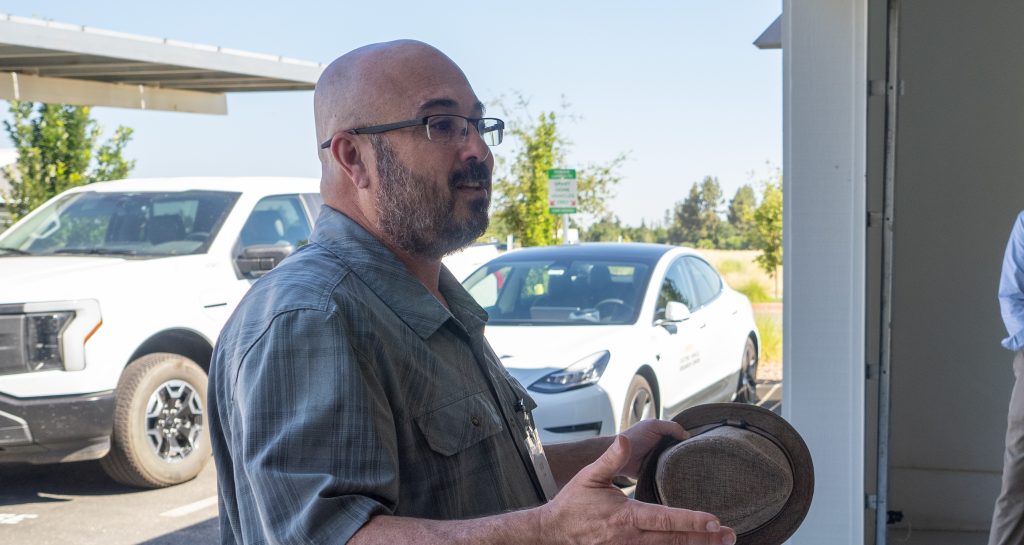
The latest episode of the UC Davis podcast Unfold dives into one of the biggest obstacles to EV adoption: unreliable public charging. While range anxiety is no longer a top concern, drivers now struggle to find chargers that actually work.
